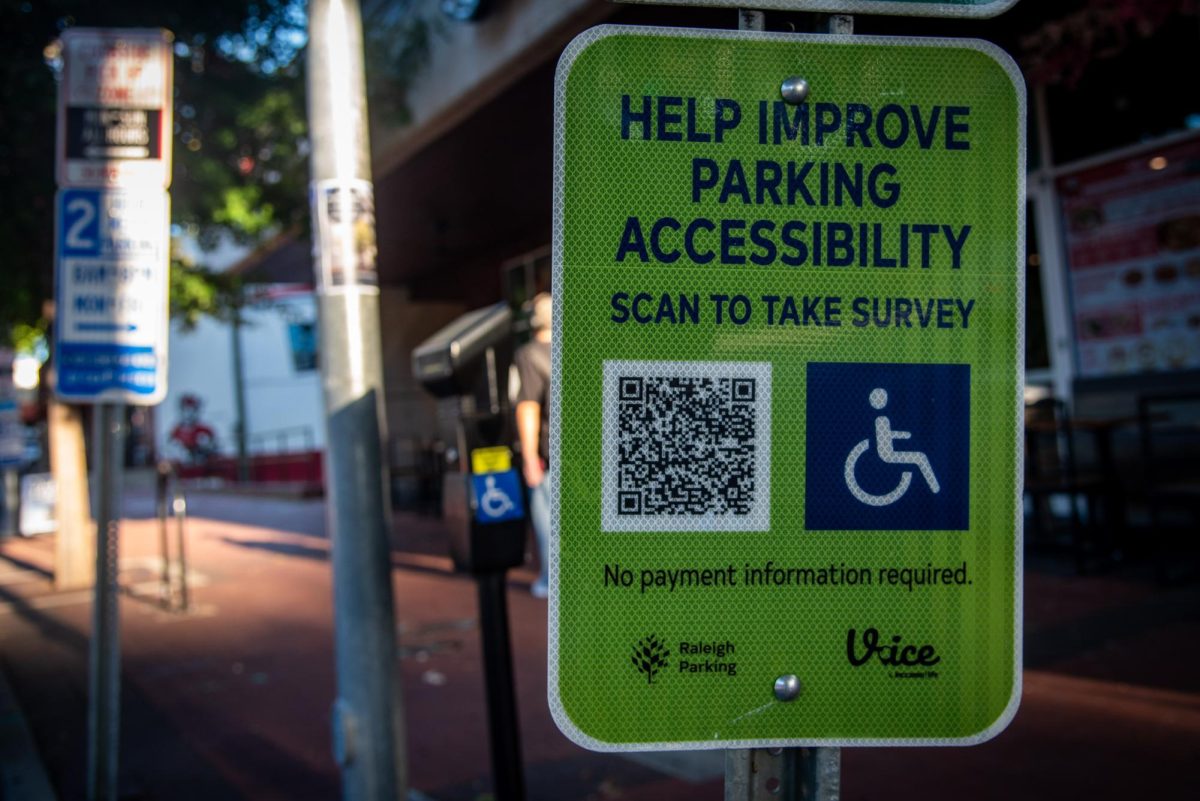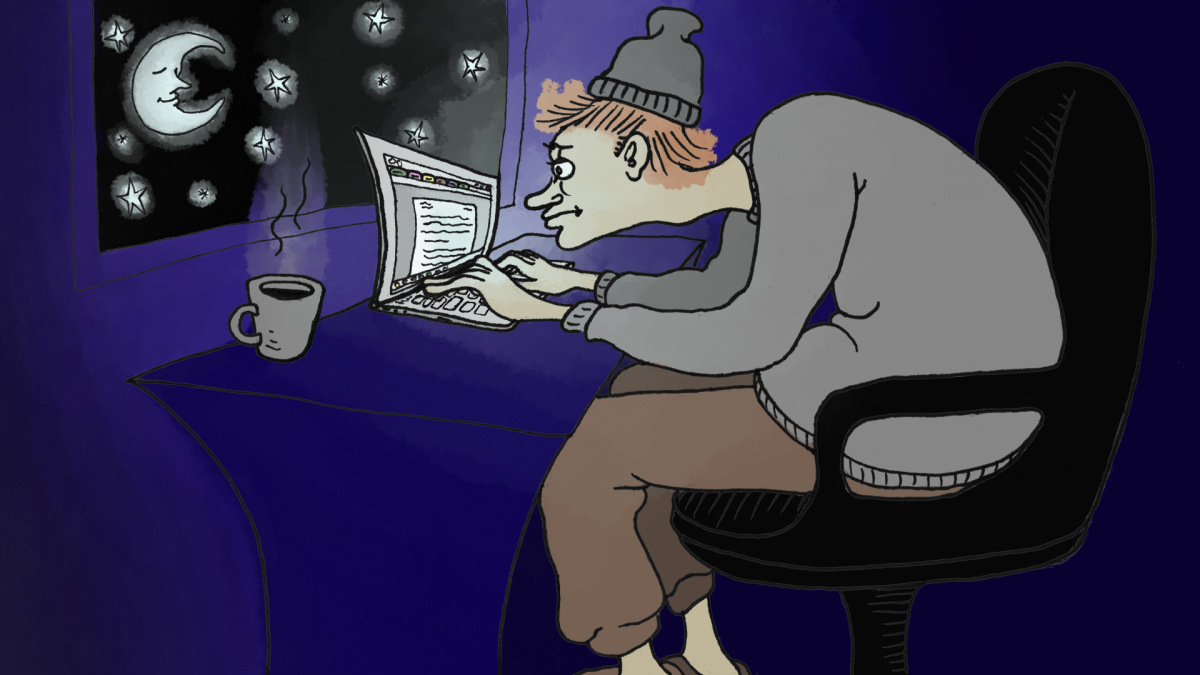Some things never change. The summer sun is an oven the first few weeks of class, construction trucks are part of the landscape and the professor in that 8:30 a.m . class is never really charismatic enough to steal your attention away from the pillow of your desk.
These are natural problems. They’re part of what it means to wear the red and white – part of what it is to be a college student. They were common to the University when I was a freshman five short years ago, and with pretty strong certainty, they’ll be here twenty years from now.
Now, that’s not to say some things haven’t changed. This feels like one of those pitiful old-man stories, but when I came to Raleigh for the first time no one had ever heard of Twitter or Foursquare — receiving your ncsu.edu account meant you could access Facebook for the first time.
Some change isn’t trivial. The evolution I’m talking about might mean the undergraduate degree isn’t a four-year enterprise anymore. Fewer classes, seats and teaching faculty are the new norm. The budget cuts of the last three years – and before 2008, truthfully – have gutted the University to a thinner shell of what it was just a few years ago. It affects all of us – present and past.
An incoming freshman today isn’t as likely to sit in those red robes in the RBC Center after four years. It’s going to take an extra semester, two or three. In short, the system, which has a constitutional obligation to provide a world-class education as free as practicable, has failed. Instead of addressing the fundamental realities of less state funding, we’re brashly ignoring them; the number of students is growing – the faculty, shrinking.
Over the past couple days I’ve spoken to a couple of incoming students; one of the things I was able to take away from them was that it’s not really possible to flesh out a fulfilling schedule unless you’re fortunate enough to receive an early registration date – essentially, Honors and Scholars students.
To put that change into perspective, I was in one of the very last registration groups my freshman year. My year, incoming engineering students with names from S to Z – look at the byline – received their orientation on the last or second to last weekend before classes started. Essentially, the other 7,000 or so freshman had already registered for classes by the time I sat down at the computer terminal.
I was still able to enroll in a stimulating elective with the best lecturer at the University –Gene Melton, British Literature – and an enjoyable physical education class. But my little research endeavor along with the stated reality of fewer classes and sections leads me to believe my experience is fundamentally different than today’s freshman.
It’s saddening. It doesn’t feel like we’re moving in the right direction and there doesn’t seem to be a great deal of momentum for a change of course. I’m not saying I have all the answers, but there are questions we have to ask. Are we going to make an investment in our faculty as well as our buildings? Should we admit fewer students? These aren’t simple questions, but they need to play a central role in how we think about the next five years. Right now, we’re sailing into oblivion.




